After more than two months of implementation, the two-level local government model in Dak Lak has gradually operated stably; commune-level authorities have performed well their functions and tasks, issued local socio -economic development plans, promoted digital transformation and administrative reform, and improved the quality of service to the people.
The coordination between agencies, departments, branches and localities is quite smooth, ensuring the implementation of tasks according to legal regulations and instructions from the Central Government, contributing to basically maintaining the stability of the local situation after the rearrangement.
However, besides the achieved results, the operation of the two-level government apparatus in Dak Lak also encountered many difficulties and problems that needed to be resolved.
Many difficulties and problems
At the regular meeting in August 2025 organized by the Dak Lak Provincial People's Committee on September 8, Deputy Director of the Department of Home Affairs of Dak Lak Province Nguyen Quang Thuan said that through inspection and monitoring after more than two months of operating the two-level government, the activities of the commune-level government still face many difficulties and problems.
Specifically, some legal documents still lack detailed guidance in the fields of public investment, land, environment, basic construction..., causing confusion for localities.
During the implementation of the tasks, the workload at the commune level increased dramatically in a short period of time; meanwhile, in some localities such as the communes of Ea Trang, Krong A, Ea H'leo, Krong No, Dang Kang, Ea Knuec, Tam Giang, Ea M'Droh, department and office leaders were not assigned in a timely manner, and there was a lack of professional department heads and deputy heads.
Some remote communes do not have enough specialized staff, especially in the fields of information technology, science and technology, finance, health, education ..., leading to work pressure and work overload in some places.
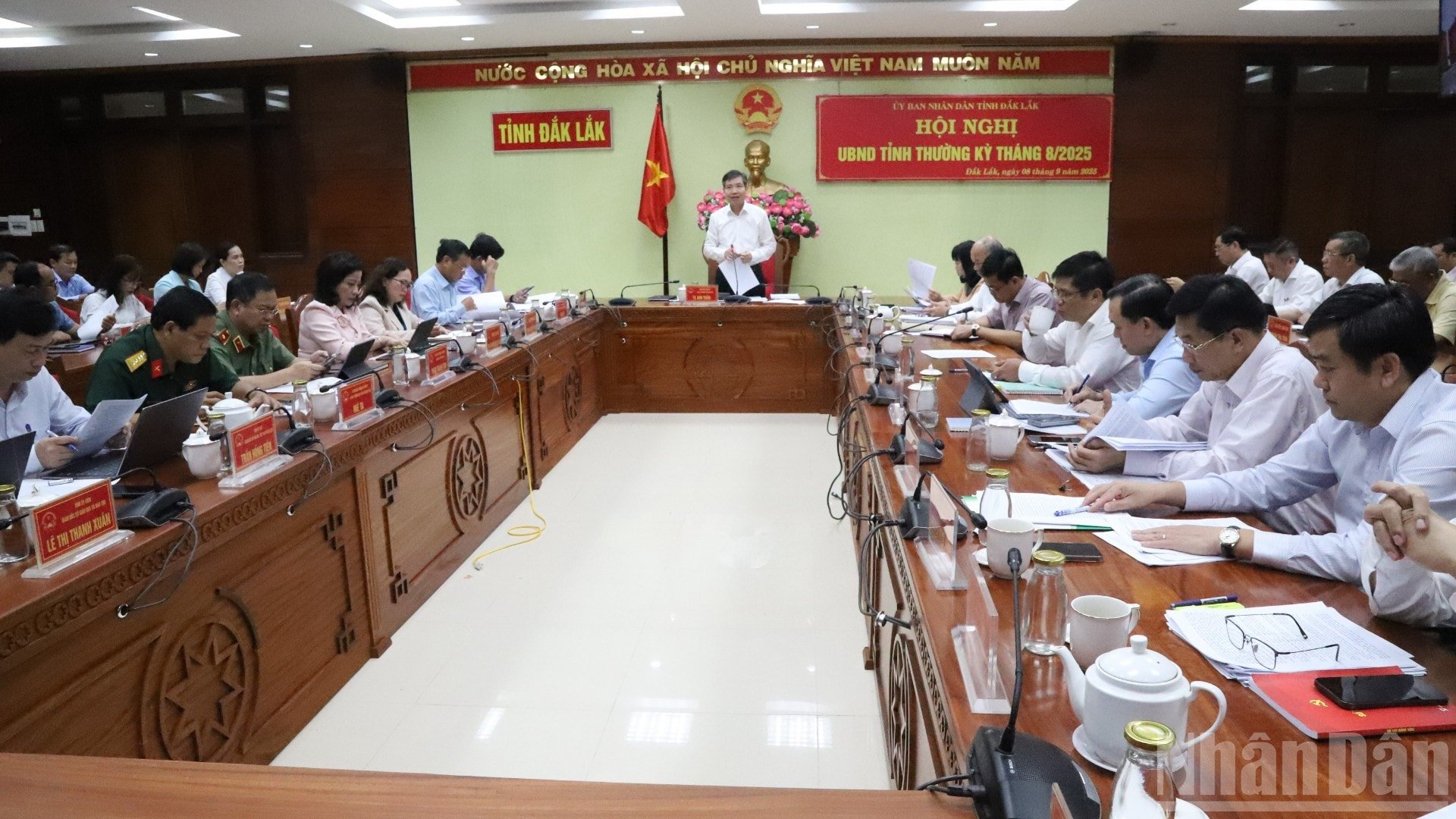
In addition, the facilities of some new headquarters do not meet the working area; office infrastructure and equipment of many communes and wards are still lacking. Information technology and administrative procedures, network infrastructure are sometimes unstable, online submission of applications by people for birth and death registration on the National Public Service Portal still has errors with names and surnames; some software systems and procedures have not been updated in a timely manner, making it difficult for people to submit applications online... Some communes even have backlogs of land records of local people.
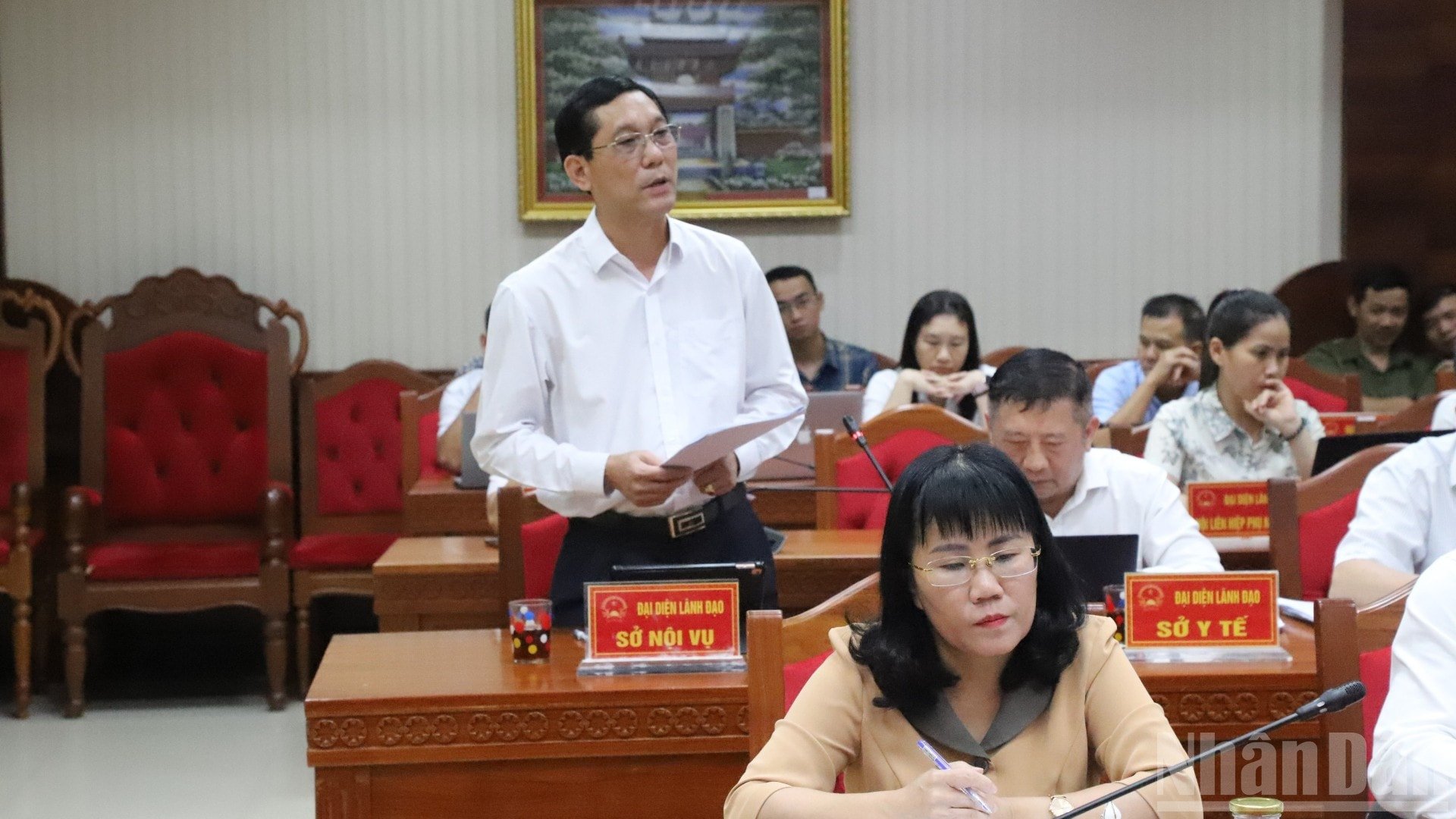
Vice Chairman of the Dak Lak Provincial People's Council Do Thai Phong said that through the inspection and supervision of the Provincial People's Council, it was found that after two months of operating the two-level government, the operation of the commune-level government still faced many difficulties, especially regarding the payroll. After the merger, the Central Government has not yet assigned payroll to Dak Lak province, so the Provincial People's Council has not yet issued a Resolution assigning payroll to departments, branches, communes and wards. Therefore, at the commune level, there is currently a situation where some places lack and some places have excess staff, especially a lack of specialized staff.
In addition, the commune-level professional departments currently have only one deputy head, so they cannot cover all areas. Therefore, there is a need to transfer staff from one locality to another and second provincial-level staff to support localities.
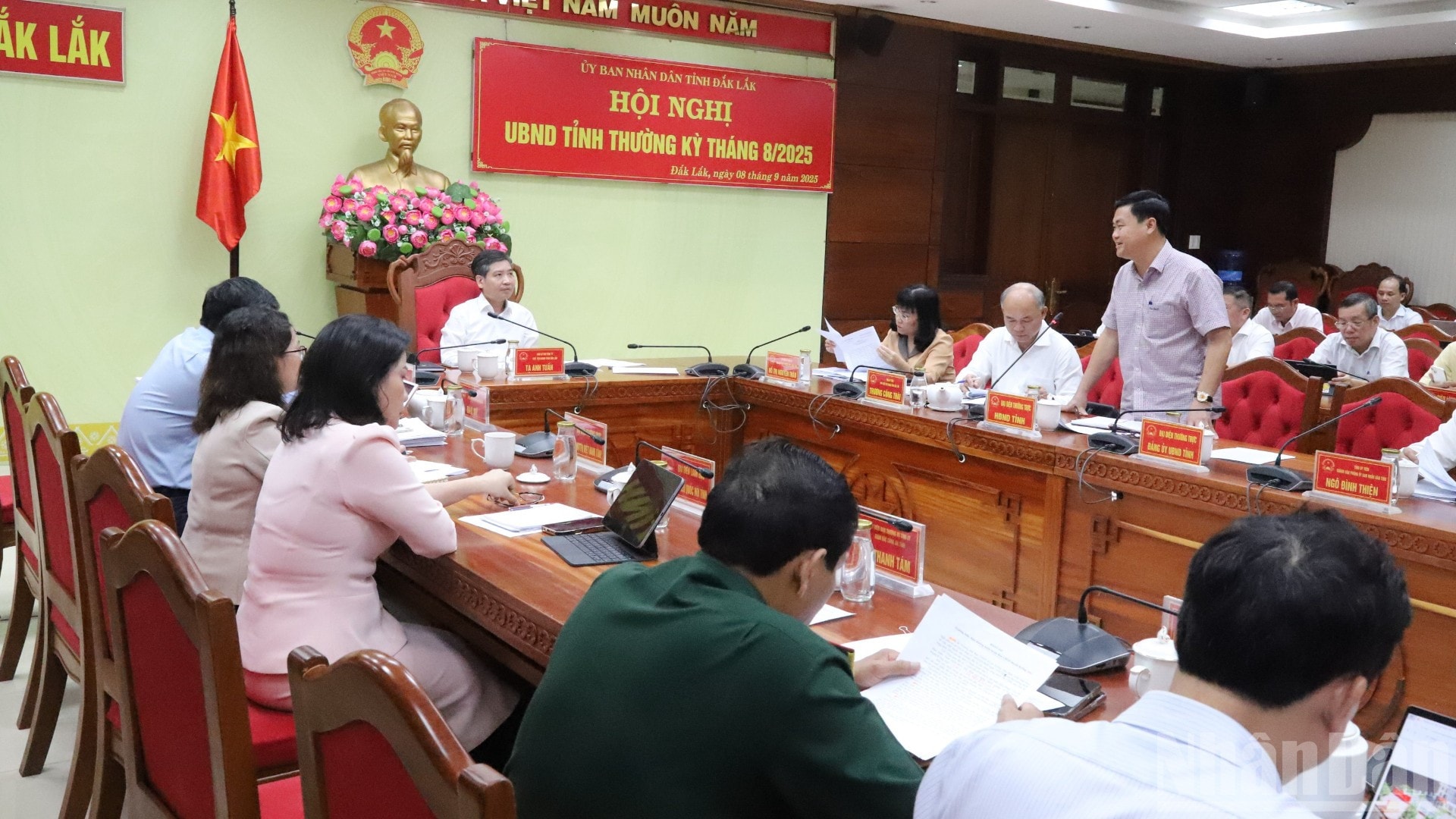
To make two-level local government operate smoothly
In order to promptly remove difficulties, obstacles and shortcomings in the process of implementing the two-level government, in recent times, the People's Council and People's Committee of Dak Lak province have directed agencies and units to establish working groups and inspection teams to go to localities to directly inspect, guide and remove difficulties and obstacles in the process of implementing tasks.
Typically, the Department of Home Affairs organized 10 training courses for commune-level cadres and civil servants with 523 trainees, including two training courses for cadres and civil servants holding the position of Finance-Accounting at the commune level in 2025 for 85 people; two training courses for cadres and civil servants holding the position of Vice Chairman of the Vietnam Fatherland Front Committee at the commune level, Secretary of the Ho Chi Minh Communist Youth Union at the commune level in 2025 for 82 people; two training courses for cadres and civil servants holding the position of Secretary or Deputy Secretary of the Party Committee at the commune level in 2025 for 90 trainees; two training courses on knowledge and skills on implementing the Law on Grassroots Democracy and implementing the Grassroots Democracy Regulations for cadres, civil servants and public employees at all levels for 161 people; a training course on knowledge and skills in mass mobilization work, improving public ethics and responsibility in serving the people for 66 cadres, civil servants and public employees; a training course on state management of youth and implementation of central and provincial documents on youth development for the 2021-2030 period for 39 people...
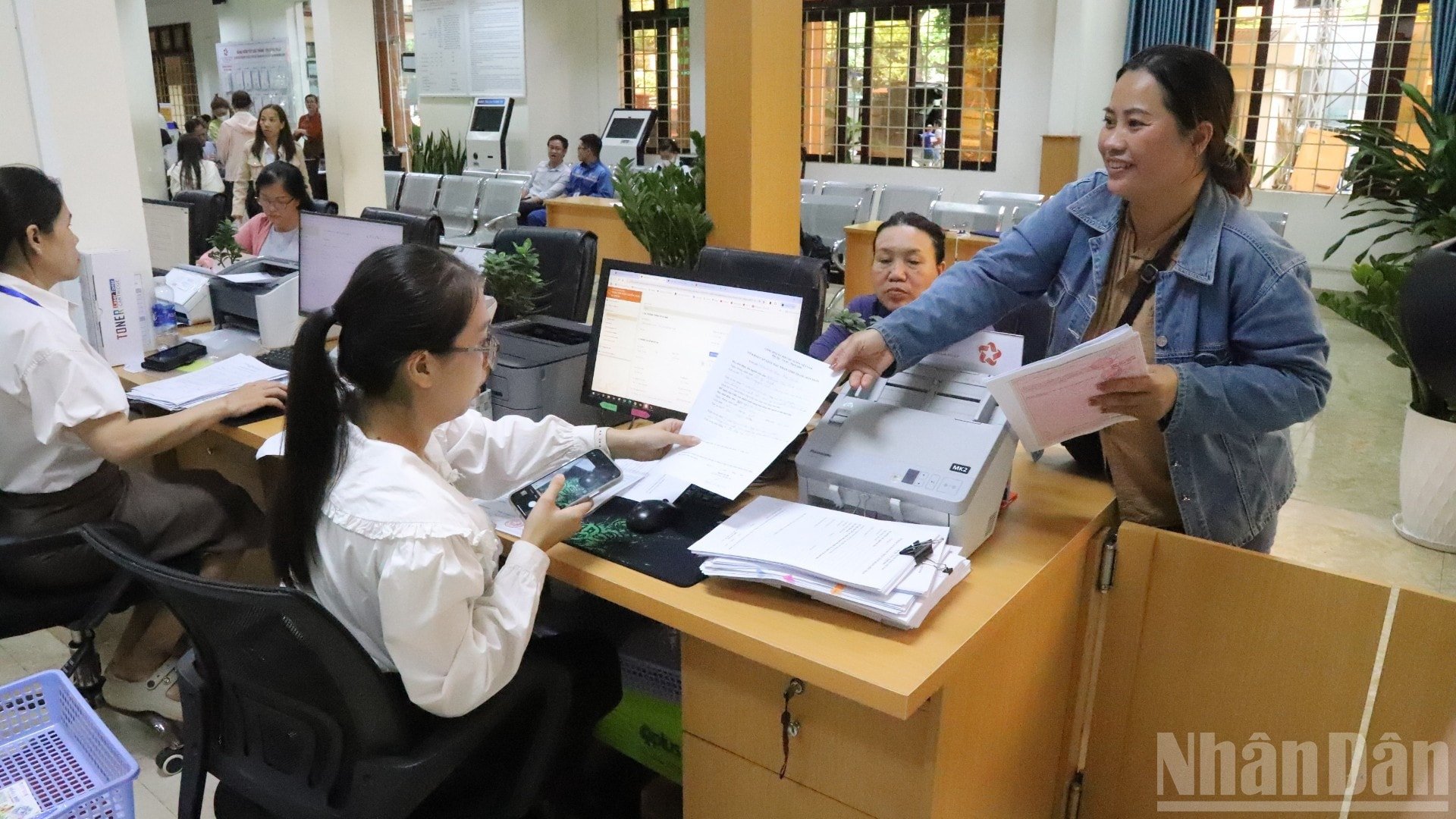
However, according to Chairman of Dak Lak Provincial People's Committee Ta Anh Tuan , the operation of two-level government is a new model and has only been implemented in a short time, so it is inevitable that there will be difficulties and problems. Therefore, it is necessary to focus on removing difficulties and problems so that the operation of two-level local government is smooth, achieving the set results, contributing to promoting local economic and social development.
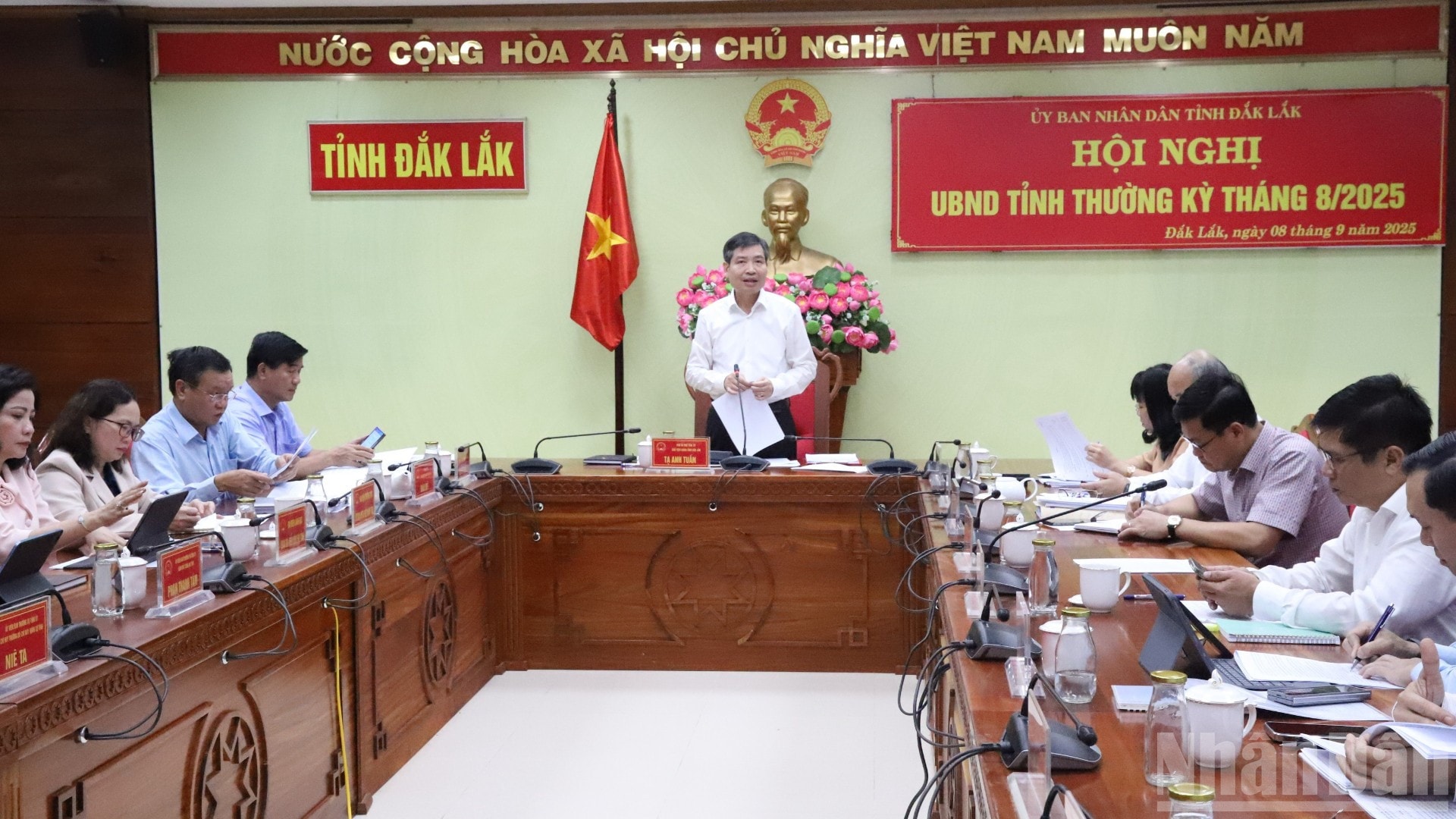
Deputy Director of the Department of Home Affairs of Dak Lak province Nguyen Quang Thuan said that in order for the operation of the two-level government to be smooth and effective, in the coming time, the Department of Home Affairs recommends and proposes the Provincial People's Committee to direct agencies, units and localities to continue to proactively follow the Resolutions, Conclusions, and directive documents of the Central Government, the Provincial Party Committee, the People's Council, and the Provincial People's Committee to promptly advise and organize the implementation of tasks within their functions, duties and authority. Proactively coordinate with relevant agencies and units to propose amendments, supplements and new issuances of legal documents.
Based on the regulations on decentralization, delegation of authority, and division of authority of the Central Government in the assigned fields, the departments, branches, and sectors urgently advise the Provincial People's Committee to promulgate regulations on decentralization, delegation of authority, and division of authority of the provincial and communal levels to ensure compliance with current legal regulations and in accordance with local conditions and practical situations.
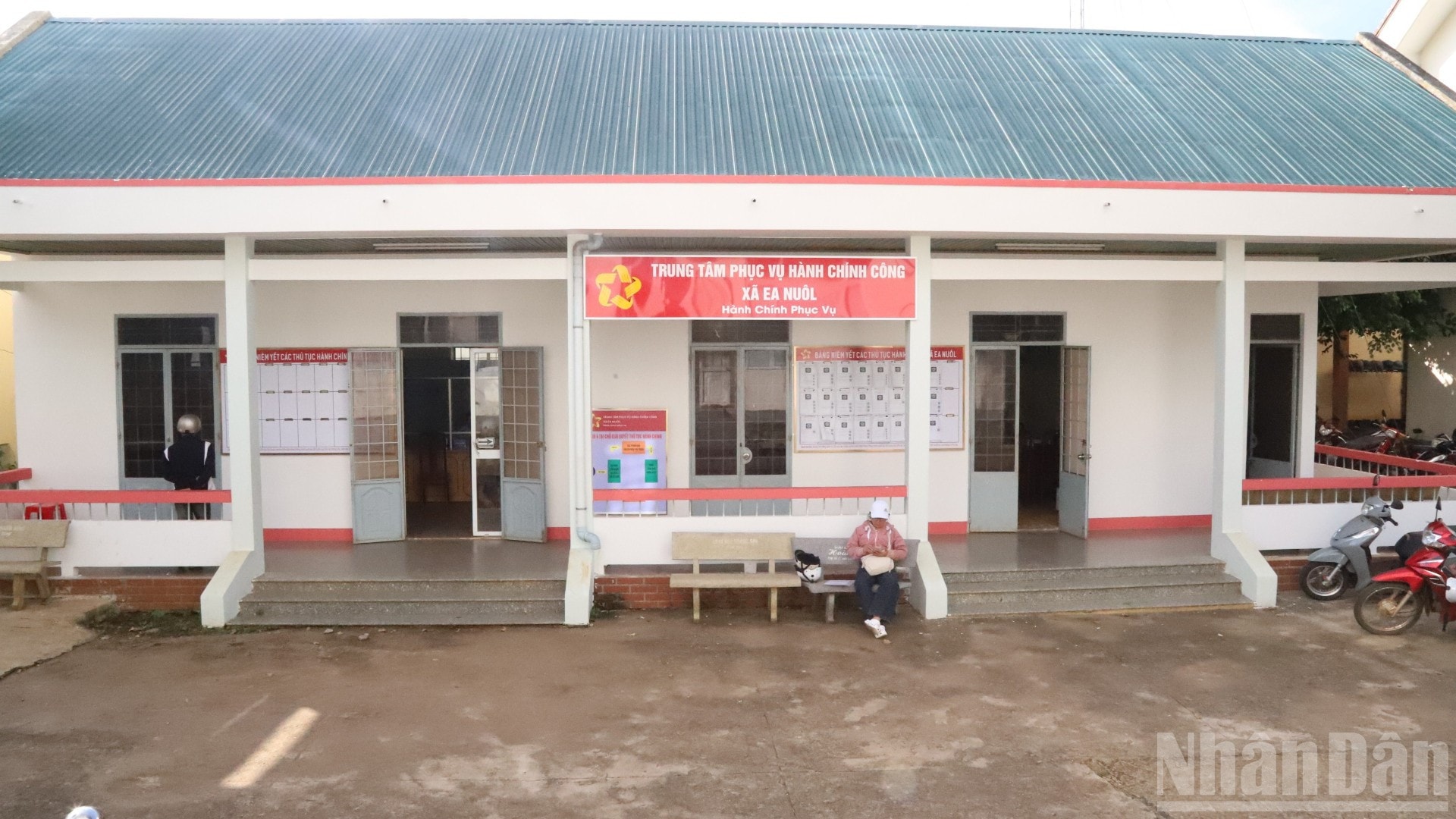
Organize the review, consolidation, arrangement and assignment of cadres, civil servants and public employees in accordance with their capacity and job position. Strengthen training, fostering, capacity improvement and professional skills for cadres, civil servants, public employees and workers in communes and wards. Correctly, fully and promptly implement policies and regimes for those affected by the organizational arrangement. Review and promulgate the list of job positions and job descriptions at agencies and units; assign staff for the period 2026-2031, promulgate a plan and roadmap for streamlining staff according to Central regulations.
In addition, it is necessary to promote the application of information technology and digital transformation in the operations of agencies, units and organizations; focus on implementing tasks according to Plan 02-KH/BCĐTW dated June 19, 2025 of the Central Steering Committee on science and technology development, innovation and digital transformation, promote interconnected, synchronous, fast and effective digital transformation to meet the requirements of restructuring the political system's apparatus. Review information systems for handling administrative procedures and specialized software systems of agencies and units, recommend competent authorities to connect and synchronize with the National Public Service Portal to ensure smoothness, stability and efficiency; review administrative procedures, promptly resolve administrative procedures for people and businesses.
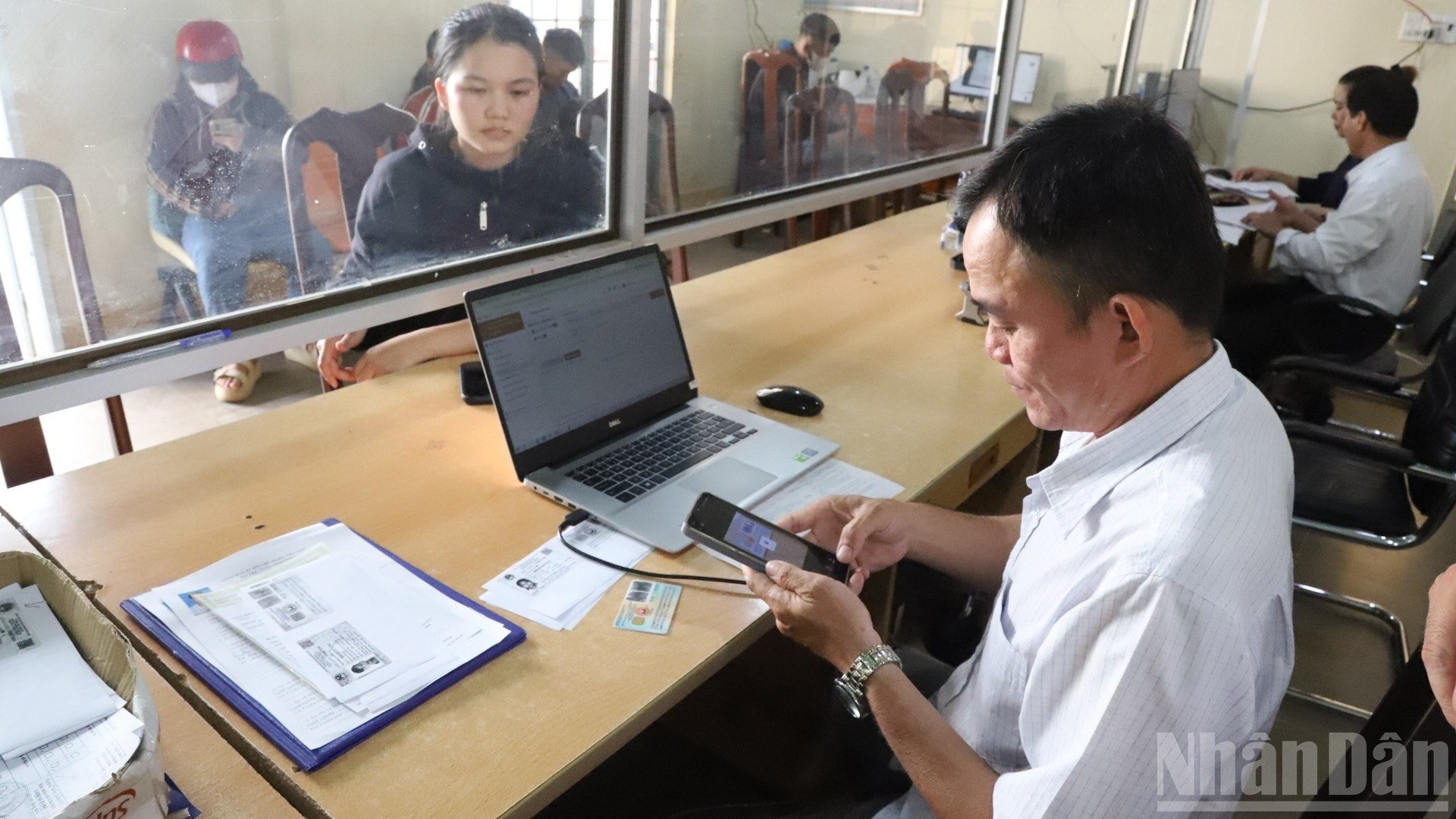
Agencies, units and localities continue to urgently guide and resolve difficulties and problems of localities to ensure smooth and effective operation of the two-level government. Focus on handling related issues in the operation of the two-level local government of localities such as: arranging and allocating finance, assets, facilities, working conditions; ensuring information technology systems, equipment, transmission lines and activities related to digital transformation, upgrading, maintenance and completion so that software systems ensure continuous and uninterrupted service to people and businesses.
For other areas, the Department of Home Affairs continues to coordinate with provincial-level professional agencies to establish and maintain professional working groups to directly support and provide professional guidance to the commune level. Synthesize human resource needs at the commune level to arrange, transfer, and second cadres and civil servants to the grassroots level.
Currently, the Department of Home Affairs is advising the Provincial People's Committee to develop a plan to mobilize, rotate, and second cadres and civil servants from the provincial level to communes and from one commune to another to promptly meet the human resource needs at the grassroots level.
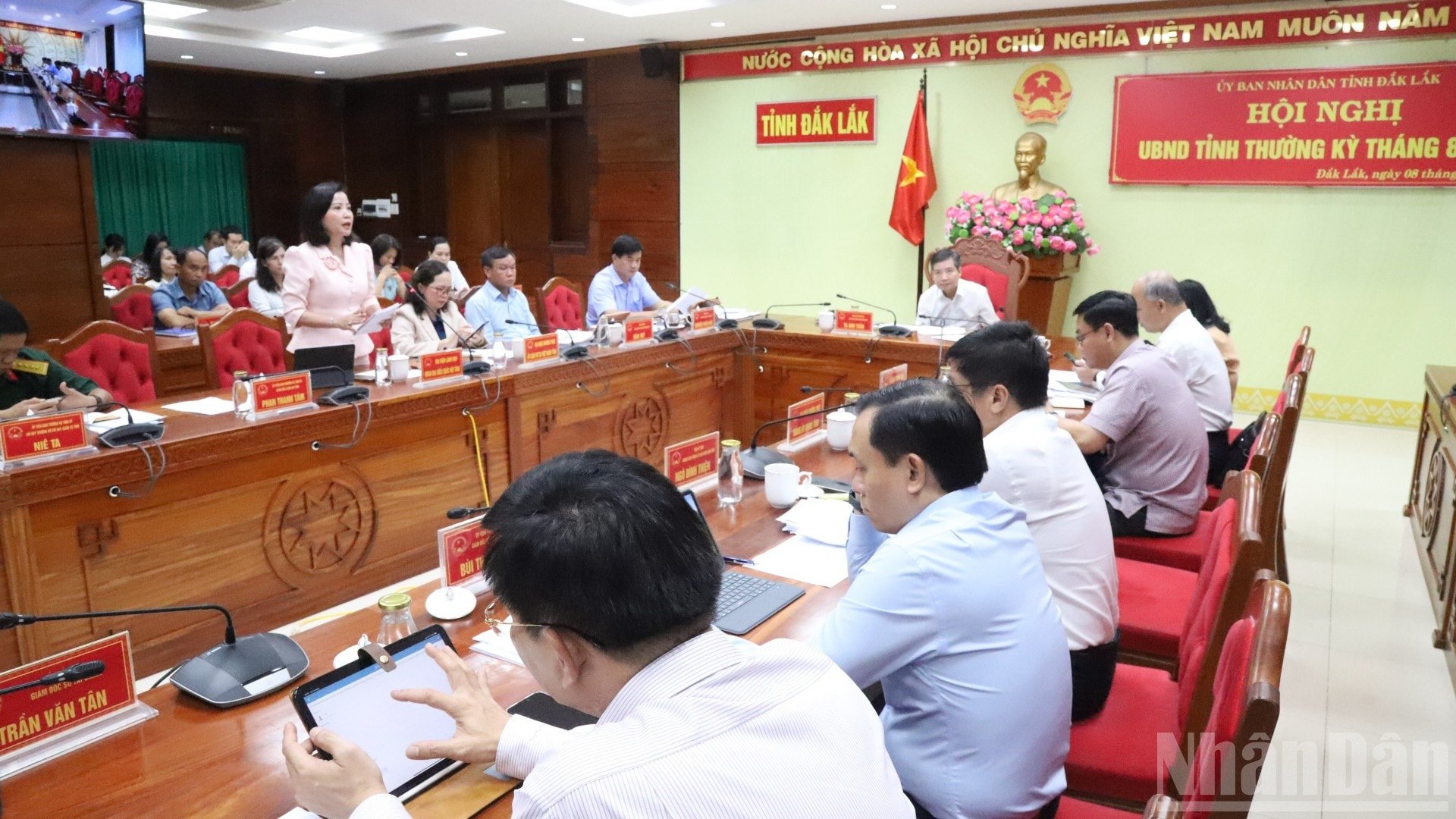
Comrade Nguyen Thi Thu Nguyet, Deputy Head of the Specialized Delegation, in charge of the National Assembly Delegation of Dak Lak province, said that the difficulty is that some legal documents still lack detailed guidance in areas such as public investment, land, environment, basic construction, etc., causing confusion for the locality. Currently, legal documents on these areas are fully available. The Provincial People's Committee is requested to direct departments and branches to provide specific guidance for communes and wards to implement, ensuring that commune-level authorities operate effectively and efficiently.
Source: https://baolamdong.vn/de-chinh-quyen-hai-cap-o-dak-lak-van-hanh-thong-suot-hieu-qua-390748.html


![[Photo] Prime Minister Pham Minh Chinh launched a peak emulation campaign to achieve achievements in celebration of the 14th National Party Congress](https://vphoto.vietnam.vn/thumb/1200x675/vietnam/resource/IMAGE/2025/10/5/8869ec5cdbc740f58fbf2ae73f065076)

![[Photo] Prime Minister Pham Minh Chinh chairs the Government's online conference with localities](https://vphoto.vietnam.vn/thumb/1200x675/vietnam/resource/IMAGE/2025/10/5/264793cfb4404c63a701d235ff43e1bd)



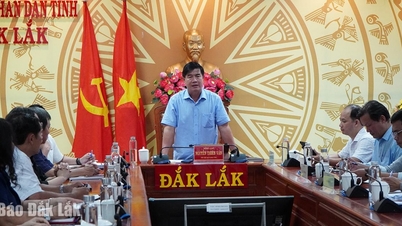

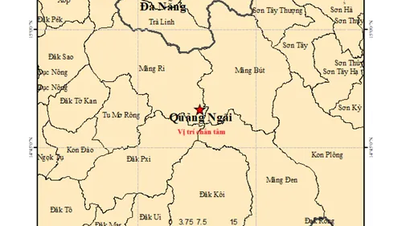

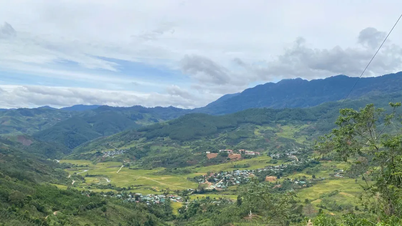
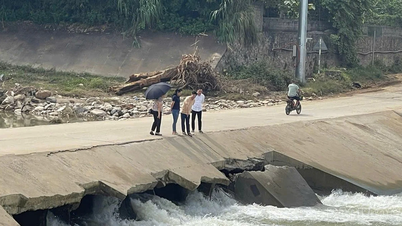

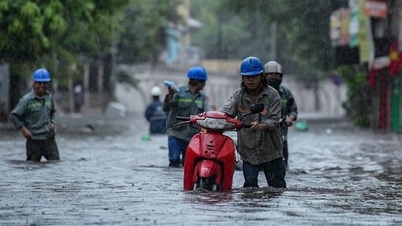

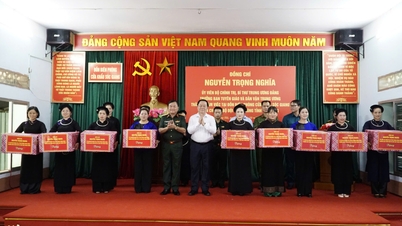





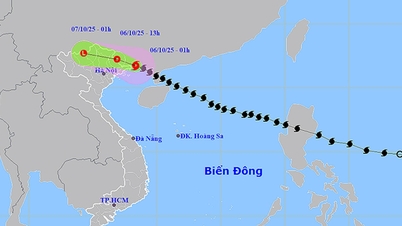
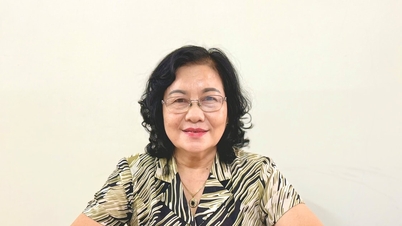
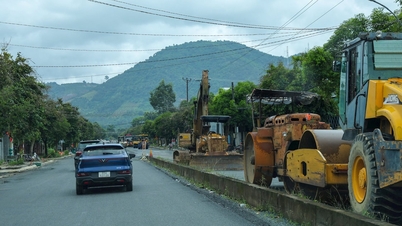
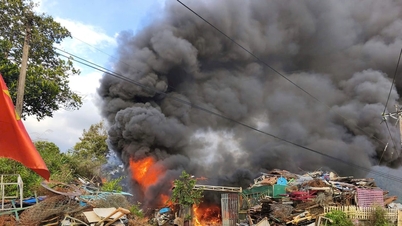
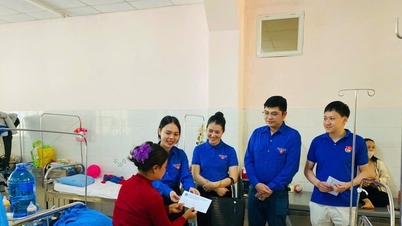





























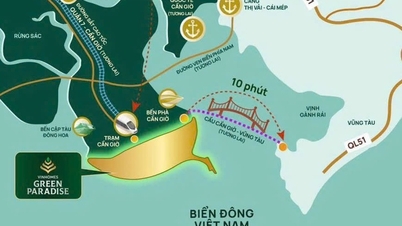

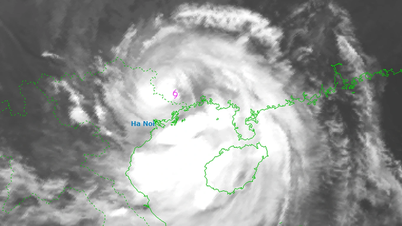

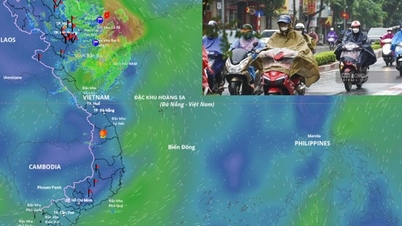


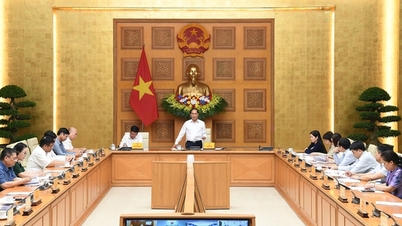

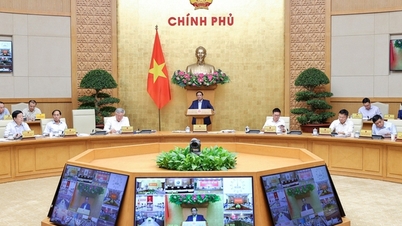






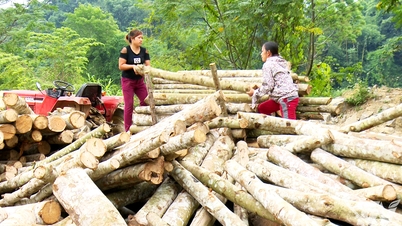

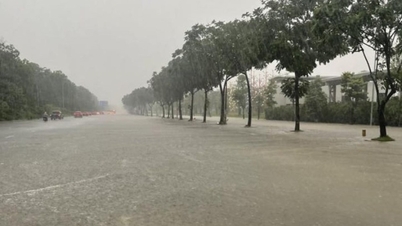

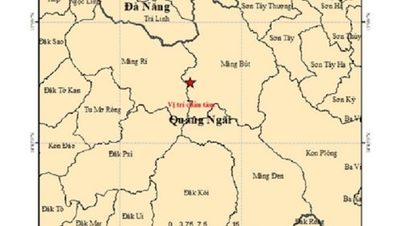
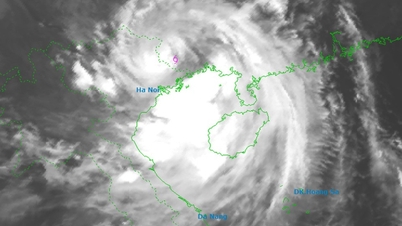















Comment (0)